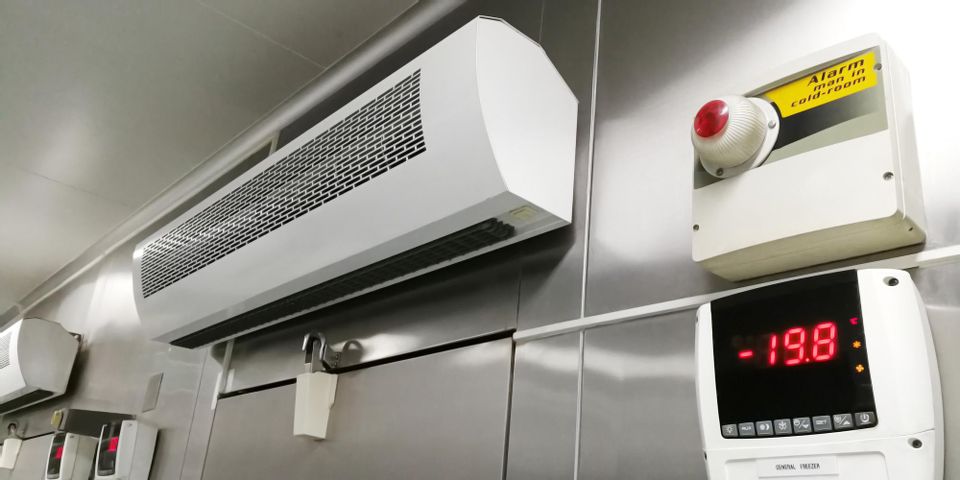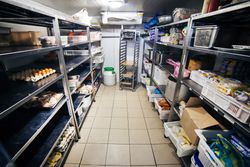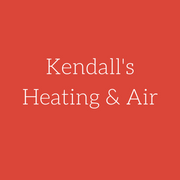An Introduction to Installing and Maintaining HVAC Equipment in Restaurants

There are similarities between all HVAC systems, but as any trusted HVAC contractor can tell you, each system has a unique set of requirements. Because commercial HVAC is needed to cool larger spaces while accommodating heavy activity and supplying plentiful ventilation, a standard residential system won’t do. Here is a brief introduction to the needs and considerations for restaurant HVAC equipment.
A Guide to HVAC for Restaurants
What Makes Commercial HVAC Different?
 Standard HVAC systems use a two-part process that draws outdoor air into the building through a make-up unit where it’s then conditioned and released into the interior. The needs of commercial heating and cooling are much more complex because more air must be drawn in and more pumped out. This increased airflow is necessary to keep food fresh and employees and guests cool. Your equipment must have the ability to handle variable temperatures that result from staff walking in and out of refrigerators and heat radiating from cooking surfaces.
Standard HVAC systems use a two-part process that draws outdoor air into the building through a make-up unit where it’s then conditioned and released into the interior. The needs of commercial heating and cooling are much more complex because more air must be drawn in and more pumped out. This increased airflow is necessary to keep food fresh and employees and guests cool. Your equipment must have the ability to handle variable temperatures that result from staff walking in and out of refrigerators and heat radiating from cooking surfaces.
Your HVAC equipment also plays a significant role in maintaining your restaurant’s air quality. Whereas residential air conditioning might need to cycle air for only a handful of people at any given time, in a restaurant, it needs to be counted on to remove gases, grease, and smoke from the kitchen, while keeping the air fresh and comfortable for many guests in the dining areas.
What Are Some Common Issues?
Due to the greater demands on food service HVAC, there are a few signs that your equipment may need some adjustment for maximum efficiency, including:
- Too much or too little make-up air: this can result in drafts, slamming doors, reduced energy efficiency, and back-drafting of combustible gases. An HVAC contractor can be consulted to determine sufficient airflow.
- Pollution: excessive amounts of gases, oils, food particles, and other common forms of airborne waste can cause hygiene problems, create unpleasant odors, and reduce overall efficiency.
- Unpredictable temperature demands: kitchens count on sufficient cool air for safety and comfort during busy periods, while also requiring heating during quieter times without affecting the air quality and temperature in dining areas.
Why Is Regular Maintenance Important?
As with any vital piece of equipment, regular maintenance will prevent needless expenses, maintain even efficiency, and improve your understanding of your equipment and your requirements. When your restaurant is at its busiest, you count on your HVAC to provide fresh, conditioned air and balanced temperatures to maintain the comfort of both staff and customers. Incorporating visual checks of ductwork and other equipment into your health and safety procedures will help identify potential problems early.
If you need installation or repairs for your commercial HVAC equipment, turn to Kendall’s Heating & Air in Hiawassee, GA. For more than 40 years, this local HVAC contractor has provided outstanding solutions for furnaces, air conditioning, and refrigeration for businesses and homeowners in Towns County. To find out more, call (706) 896-0830 or visit them online.
About the Business
Have a question? Ask the experts!
Send your question

